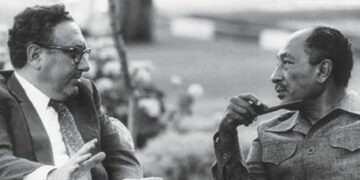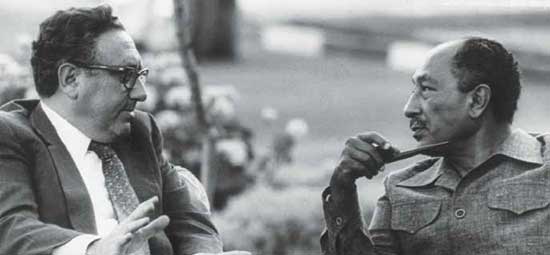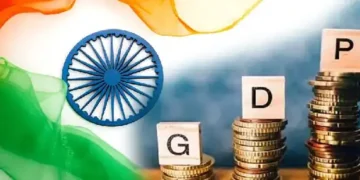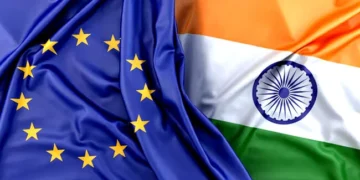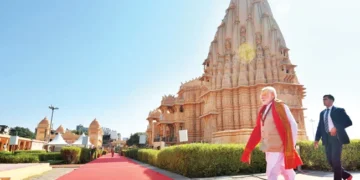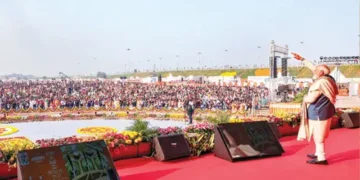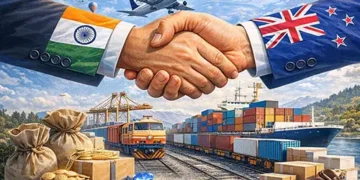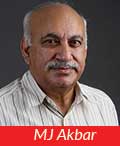 HIS political thinking was shaped early, in the thesis that won him a doctorate at Harvard: legitimacy was more relevant than justice. This was realpolitik. If superpowers recognised a new reality, it became established as fact. Kissinger sought to change facts in favour of his adopted country.
HIS political thinking was shaped early, in the thesis that won him a doctorate at Harvard: legitimacy was more relevant than justice. This was realpolitik. If superpowers recognised a new reality, it became established as fact. Kissinger sought to change facts in favour of his adopted country.
Always articulate, always intellectual, he argued that while human rights were an “essential goal” of American policy, so was national security. “In some situations, no choice between them is required, making the moral issue relatively simple.” In other words, not always so simple then.
Democracy was casually, and even brutally, shunted aside. The assassination of Chile’s elected leader Salvador Allende in a 1973 coup orchestrated by General Augusto Pinochet is testimony enough. If other leaders, including Indira Gandhi, had reason to fear visible or invisible machinations, they did not hide any apprehensions.
Dr Kissinger loved sophisticated gossip as the seigneurial right of the intellectually privileged. He could spread a useful story with finesse. One which acquired wheels was an alleged exchange between him and Chairman Mao Zedong – or was it Premier Zhou Enlai? Story: Kissinger asks Mao or Zhou about the French Revolution. The reply: It is too early to tell.
The ‘Medina Question’
During one of our conversations over lunch at his favourite New York club, more suited to epicures than eggheads, I asked about the veracity of this story. His eyes brightened, a large smile expanded towards a laugh. Accurate or amplified, as intellectual banter this anecdote is surely in a class of its own.
He first learnt of me through my book The Shade of Swords: Jihad and the Conflict between Islam and Christianity. When we met, he wanted an answer to what he described as the “Medina Question”: How had a collection of unknown Bedouin tribes without any record of achievement suddenly, within barely more than a decade in the 730s, risen to become one of history’s great world powers? I would offer Ibn Khaldun’s explanation:
assabiya, the creation of group consciousness, common objectives and cohesion that overrides tribal disarray. The talk would end with the promise of more talk. Henry was kind enough to write an excellent blurb for my book about my family Blood Brothers, which naturally went on the front cover of the next edition. But he refused to say anything equally wonderful about my next book Tinderbox: The Past and Future of Pakistan. This could be, of course, because he thought it awful. It could also be because he did not want to endorse a polemic against the concept of Pakistan.
Two great achievements
Dr Kissinger was nearly 90 when we shared a stage at the India Today Conclave, largely due to Aroon Purie’s chequebook. The audience knew something impressive was being said, but few could understand what it was.
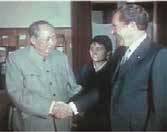 His guttural diction had become a deep jumble or rumble. On the other hand, prime ministers and presidents always knew what they were hearing, and often what he really meant.
His guttural diction had become a deep jumble or rumble. On the other hand, prime ministers and presidents always knew what they were hearing, and often what he really meant.
It is remarkable that his two great achievements, the US-China détente in the 1970s, and the framework established to end the Yom Kippur War in 1973, have held despite five decades of extraordinary turbulence.
Did the peace talks in Paris with Vietnam’s Le Duc Tho deserve the Nobel Peace Prize? Tho refused the gong. Kissinger was happy with the honour and of course the cash. The bombing did not pause. More than half the Americans killed in Vietnam died during the Kissinger years in Washington. America eventually cut and ran, leaving protégé South Vietnam to continue the war with fitful ammunition and fractious advisers.
Kissinger lived long enough to see these bitter enemies, America and Vietnam, graduate to careful friendship.
Henry Kissinger survived failure with as much aplomb as he savoured success. We shall not see the likes of him again, not in the 21st century.
